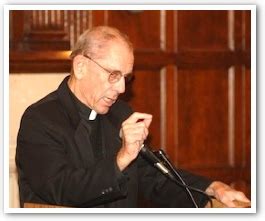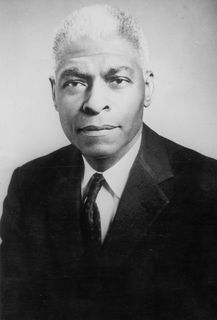A Quote by Graham Greene
Related Quotes
In the face of death, especially violent death, things don't make sense anymore. So death is the dissolution of either physical form or psychological form. And when a form dissolves, always something shines through that had been obscured by the form. This is the formless One Life, the formless One Consciousness.
Through death you find yourself, because you no longer identify with form. You realize you are not the form with which you had identified neither the physical nor the psychological form of "me". That form goes. It dissolves and who you are beyond form emerges through the opening where that form was. One could almost say that every form of life obscures God.
Oh and I thought, as i was dressing, how interesting it would be to describe the approach of age, and the gradual coming of death. As people describe love. To note every symptom of failure: but why failure? To treat age as an experience that is different from the others; and to detect every one of the gradual stages towards death which is a tremendous experience, an not as unconscious, at least in its approaches, as death is.
Failure's relative. I've always felt, even early on, if I lose the freedom to fail, something's not right about that. It's how you treat failure, too. There's something to learn from it. I've had movies that have failed colossally, so you kind of analyze your failures: What kind of failure was it? A failure because it's misunderstood by others? A failure because you misunderstood it yourself?
There is a risk of death associated with donating a piece of liver. It's about one in 500 for the risk of death. The risk of death of donating a kidney is about one in 3000, so this is a riskier operation than donating a kidney. The stakes are usually higher for the recipient of the transplant because unlike kidney failure, where you have a dialysis machine, in liver failure we don't have that kind of machine that allows a patient to survive until they can get a cadaver organ.
If the denial of death is self-hatred, as it is to deny our freedom and live in fear of death (which is to say, to live in a form of bondage), then the acceptance and affirmation of death is indeed a form of self-love. But I'd want to make a distinction between a form of self-love which is essential to what it means to be human, and a narcissism of self-regard, like Rousseau's distinction between amour de soi and amour propre, self-love and pride.
There is nothing that teaches you more than regrouping after failure and moving on. Yet most people are stricken with fear. They fear failure so much that they fail. They are too conditioned, too used to being told what to do. It begins with the family, runs through school and goes into the business world.





































